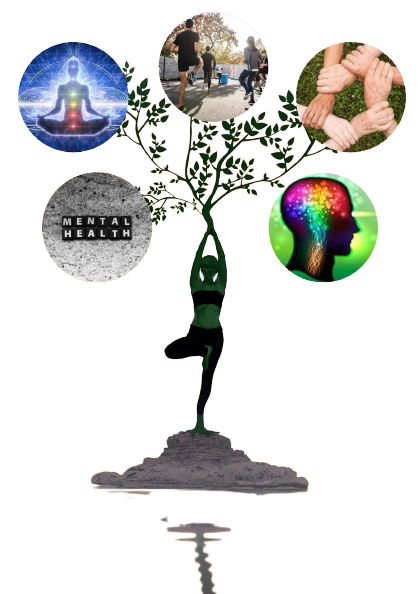Introduction
In today’s fast-paced world, finding healthy snacks that are convenient and satisfying can be a challenge. However, with smart snacking strategies, you can nourish your body and support your overall well-being. In this article, we’ll explore some effective strategies for making smart choices when it comes to snacking.
Choose Nutrient-Rich Foods
When selecting snacks, opt for nutrient-rich options that provide essential vitamins, minerals, and antioxidants. Fresh fruits and vegetables, nuts and seeds, whole grains, and lean proteins are all excellent choices. These foods not only provide important nutrients but also help keep you feeling full and satisfied between meals.
Prioritize Whole Foods
Whenever possible, choose whole foods over processed snacks that are high in added sugars, unhealthy fats, and artificial ingredients. Whole foods are minimally processed and retain their natural nutrients, making them a healthier choice for snacking. Some examples of whole foods include fresh fruit, raw nuts and seeds, plain yogurt, and air-popped popcorn.
Watch Portion Sizes
Even healthy snacks can contribute to weight gain if consumed in large portions. Be mindful of portion sizes and avoid mindlessly snacking straight from the bag or container. Instead, portion out your snacks into small bowls or containers to help prevent overeating. Pay attention to hunger and fullness cues, and stop eating when you feel satisfied.
Include Protein and Fiber
Protein and fiber are important nutrients that help keep you feeling full and satisfied between meals. When choosing snacks, aim to include sources of protein and fiber to help stabilize blood sugar levels and prevent energy crashes. Some examples of protein-rich snacks include Greek yogurt, hard-boiled eggs, and hummus with vegetables, while fiber-rich options include fruits, vegetables, and whole grains.
Stay Hydrated
Sometimes, feelings of hunger can actually be a sign of dehydration. Stay hydrated throughout the day by drinking plenty of water, herbal tea, or infused water with slices of fruit or cucumber. Drinking water can help curb cravings and prevent overeating, making it easier to make smart choices when it comes to snacking.
Plan Ahead
One of the keys to successful snacking is planning ahead. Take some time each week to prepare healthy snacks and portion them out into grab-and-go containers. Having healthy snacks readily available makes it easier to resist the temptation of less nutritious options when hunger strikes.
Listen to Your Body
Finally, listen to your body and honor its hunger and fullness cues. Instead of eating out of boredom or habit, pay attention to whether you’re truly hungry before reaching for a snack. If you find yourself reaching for a snack out of boredom or stress, try finding alternative ways to cope with these emotions, such as going for a walk, practicing deep breathing, or engaging in a favorite hobby.
Conclusion
By incorporating these smart snacking strategies into your daily routine, you can nourish your body, support your overall health, and avoid mindless eating. Choose nutrient-rich whole foods, watch portion sizes, include protein and fiber, stay hydrated, plan ahead, and listen to your body’s hunger and fullness cues. With these strategies in place, you can make healthier choices when it comes to snacking and support your overall well-being. Read more about healthy snacking tips



